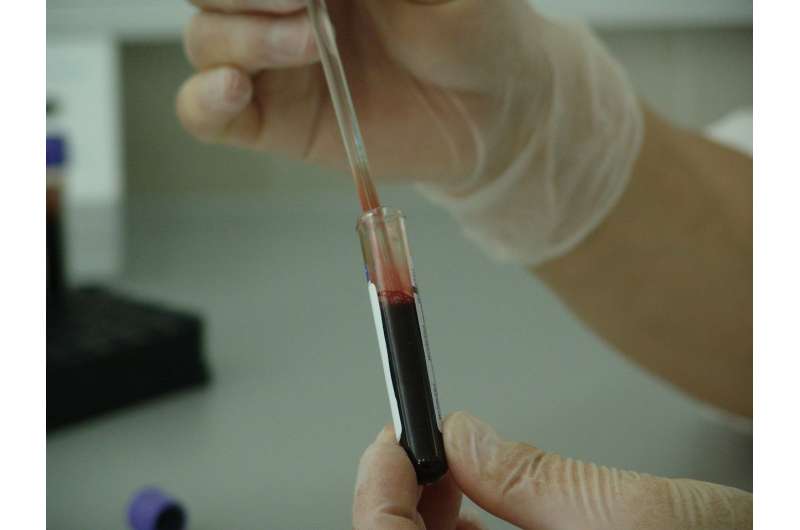Potential of Diabetes Medications in Treating Alcohol Use Disorder

Emerging research suggests that diabetes drugs targeting GLP-1 and GIP receptors may help reduce alcohol consumption and improve liver health, promising new avenues for alcohol use disorder treatment.
Recent research indicates that medications traditionally used for managing diabetes, specifically GLP-1 and GIP receptor agonists, may hold promise in addressing alcohol use disorder (AUD). A large-scale genetic analysis conducted by scientists at the National Institute on Alcohol Abuse and Alcoholism explored the influence of these hormones on alcohol consumption behaviors and liver health. By applying drug-target Mendelian randomization — a method that leverages genetic data to predict drug effects — researchers found that naturally occurring variations affecting GLP1R and GIPR genes were associated with reduced binge drinking and lower risk of heavy alcohol use. Notably, these genetic proxies for lowered BMI and appetite regulation correlated with decreased alcohol intake and preferences for healthier foods, such as vegetarian options, as well as improved liver function indicators like reduced NAFLD and ALT levels.
The findings suggest that drugs targeting GLP-1 and GIP receptors, already used for obesity and diabetes, could potentially be repurposed to treat AUD. This approach could also influence appetite and cravings, offering a dual benefit in managing both alcohol consumption and metabolic health. While the study did not directly test the effects of these medications on humans with AUD, it provides a foundational understanding that could guide future clinical trials. The potential to reduce hazardous drinking and improve liver health emphasizes the importance of exploring these hormonal pathways further.
Overall, this research highlights the innovative use of genetic data to identify new therapeutic avenues for alcohol use disorder, opening doors to more effective and targeted treatments in the future.
Source: https://medicalxpress.com/news/2025-10-diabetes-drugs-treatment-alcohol-disorder.html
Stay Updated with Mia's Feed
Get the latest health & wellness insights delivered straight to your inbox.
Related Articles
New Biomarker Identified for Long COVID Patients
Researchers have identified a potential blood-based biomarker for long COVID, involving the detection of SARS-CoV-2 protein fragments within extracellular vesicles, promising improved diagnosis of this lingering condition.
Genetic Differences in Veterans with Metastatic Prostate Cancer Uncovered by Large-Scale Study
A groundbreaking genomic study of over 5,000 veterans reveals distinct genetic variations in metastatic prostate cancer among different racial groups, highlighting the role of precision medicine in equitable cancer treatment.
Impact of Access to Modern Diabetes Technologies and Insulin on HbA1c Levels in Children with Type 1 Diabetes
Access to advanced diabetes technologies and insulin significantly influences HbA1c levels in children with type 1 diabetes, with disparities affecting health outcomes worldwide. A new study emphasizes the need for global policy efforts to improve technology availability and reimbursement.
Rising Trends in Lipoprotein(a) Testing for Cardiovascular Risk Prediction
Lipoprotein(a) testing remains rare in the U.S., but recent research shows a growing trend that could improve early detection of heart disease risk, especially in underserved populations.



